Berlin Film Festival 2016: Adrian Sitaru talks about latest film Ilegitim (Illegitimate)
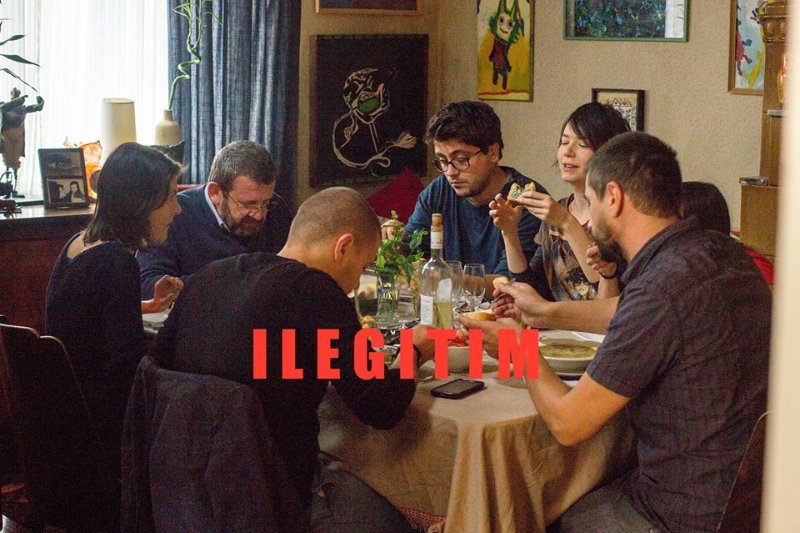
Director Adrian Sitaru’s latest work, Ilegitim (Illegitimate), tackles the taboo topic of incest between a brother and his twin sister. The film was entirely unscripted, with the cast were given the freedom to perform as naturally as possible, producing some wonderful, profound philosophical lines along the way. The guerrilla style handheld camera enhances the authenticity. We caught up with director Adrian Sitaru at Berlin Film Festival.
Can you tell us what the film is essentially about?
Essentially it’s about moral dilemmas. It’s about impossible love, let’s say, between twins – brother and sister. For me, it was about my own dilemmas and my own prejudices, and I put my own questions in when I built the story. It’s also about abortion – and I don’t have anything against abortion. Being a man, it’s not my position to say anything, so it’s more about how people and society are pushing together not to have abortion, because it’s just a matter of life and death from this point of view.
There are quite a few themes (incest, abuse abortion) – are you wanting to address universal issues there, or are they more relevant to you in a Romanian context?
I think it’s impossible not to have a layer of something related to nationality, like being a Romanian, but I think any good film or piece of art has a personal layer. It’s about moral dilemmas and points of view about the truth – who has the truth – and it’s very relative. Also, I like that the theme is about time and how the time is changing, distorting things and changing things, and I thought about this from the start. This was the starting point somehow, and I don’t have the answers. In the end, I like to raise questions for the audience and myself.
Throughout the film it’s established that perhaps only time can heal. The father comes to accept the situation, and the child being kept, but he was totally against this to begin with.
For me, the last part of the film is him speaking about time and healing just like we talked about relativism. It also could be a defence mechanism, and somehow the end of the film is closed to protect the family – it doesn’t matter how much fight they have. In theory, they somehow have to survive. Any kind of species on this planet has to survive somehow. I don’t know if it’s a defence mechanism to say this, but in a way yes, time changes things a lot. Homosexuality and incest – 200 years ago it was so different. But somehow time distorts and changes things, maybe not in the right direction, but… At the beginning of the film the father is saying something like “between life and death it’s just a matter of time”. It’s not a philosophical film, but somehow I try to connect the dilemmas, the theme of incest and what’s happening there with time.
Although the circumstances throughout are really stressful, there is quite a bit of humour too. Was this intended to lighten the mood?
Well, actually I have to say a little bit about how the film was shot, because it was a challenge for me. The main actress, Alina [Grigore] came to me and suggested I do some exercises with my actors, and that she wanted to do a film differently, without a script. She wanted it to be more close to a documentary and not just about my inference. She wanted thoughts about the theme of the film to come from everybody. So, finally, we shot the film; it was only one take, which was important for our authenticity. You don’t have the chance for a second take. At the same time we had goals. My goal now is to be as smart as possible. In a way I’m improvising now what I’m saying, or what I’m telling to you. With the actors, each evening I gave them goals for what to do the next day – what to achieve. So many things, funny or not, happened just because they interact naturally. I said “ok, this is constructed just because they used their own beliefs and life principles, whether they had fights, or not”. It was very natural, so there was no script, it just happened to be like this. It was authentic and they had total freedom. The most important thing was to build characters, because that was the fiction, because they were not being their real-life people.
It was filmed with a handheld camera. Why was that, and was it a nod to the Dogme movement?
Yes, I used two cinematographers and told them I didn’t know how to shoot it. I wanted two very good cinematographers because it was more interesting, and they were to use their instincts to shoot. This was most important, so I left them to it. It was more interesting. Festen is one of my favourite films, not only because of the subject, but somehow I saw that it’s possible to make a very good film without much money, to be very simple, and so I was inspired by Dogme. Also, my first feature is called Hooked. It had no budget, released in Venice, and inspired by Dogme.
I saw in the programme that tomorrow there’s a workshop with a Danish director, and it’s called something like “the director shouldn’t be in the credits”. I like that very much because, in a way, in some projects like this, I shouldn’t be in the credits, because the actors and editors worked a lot on it. Many things came from them. I’d like to say I didn’t push them when I gave them goals and some kind of structure.
It’s relatively unusual to cover the theme of incest. Is it something particularly interesting to you?
Not too much. I don’t have brothers or sisters, but to me it was more like a kind of experiment. The most important thing was for the actors to understand the characters and what siblings mean to each other. Most of them have siblings, but not twins. But they researched a lot, and discussed a lot about twins with twins, to find out the secret about this connection and what it’s like when they get older. Also, they researched studies about incest, not only in Romania, but the UK or US and cases of it that society was against or not. It was 2014 when we worked on it. There was a famous case in Germany, I remember, involving a brother and sister who lived together and they wanted to marry and have a child, and it was a big discussion in German society. It’s interesting also because it’s on the border of being legal or not.
We were surprised that there wasn’t any mention of the likelihood of the baby being malformed.
Yes. This is the first thing that comes to mind, but I gave them this freedom to talk about what they wanted to talk about. When I was in the editing room, I thought “oh it would have been great to have something about that”, but it didn’t happen, and I didn’t force them to speak about this. Somehow I regret that, but maybe when there’s real love there between brother and sister, it’s not so important if there’s a problem genetically or not. It’s like when I asked my girlfriend when she became pregnant, about the test you can do to see if the baby has Down’s Syndrome and I said “Ok, and also why we are doing this? Even if the chances are quite high, well, we will do it just to be prepared”. So I think it’s the same in real life – it’s not the biggest problem if it’s a genetic problem, it’s more the social problem, and we are afraid about what people are saying. Of course it would have been good, but it didn’t happen.
It is quite poignant when the aunt says everyone has a secret in life.
Yes, it came from them. It wasn’t easy to choose the best things in the editing. In that scene, Romeo was describing the dream about his dead mother, and it was very weird, because in real life his mum died two or three weeks before the shooting, and he described the dream in the film very emotionally. During editing, the idea was not to eliminate bad material, it was to leave it as clean as possible.
What does it mean to you to have your film shown at Berlinale?
It’s very nice because it was a special project. We applied to a Romanian film fund for money and we were rejected. We had a B plan to do it no matter what, and used like €7,000 for shooting. It’s beautiful the film’s appearing in such a big festival, because somehow we didn’t have high hopes of even finishing it. It’s fantastic for the actors as well. They really worked a lot.
Lesley Haw
Read our review of Ilegitim (Illegitimate) here.
Read more of our reviews and interviews from the festival here.
For further information about Berlin Film Festival 2016 visit here.

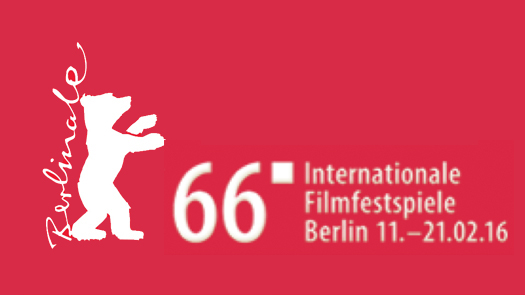
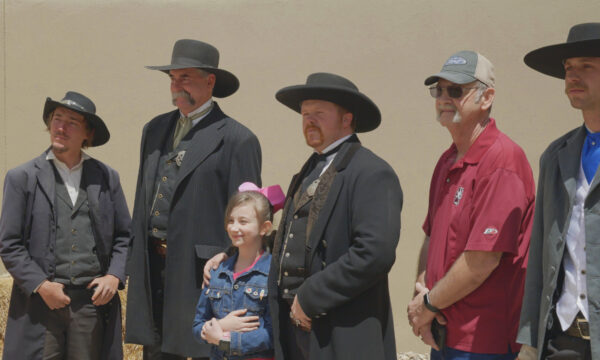
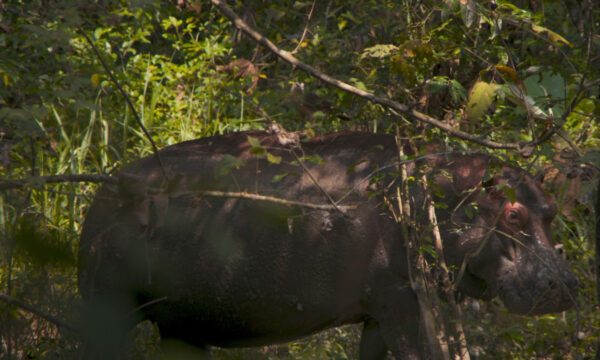
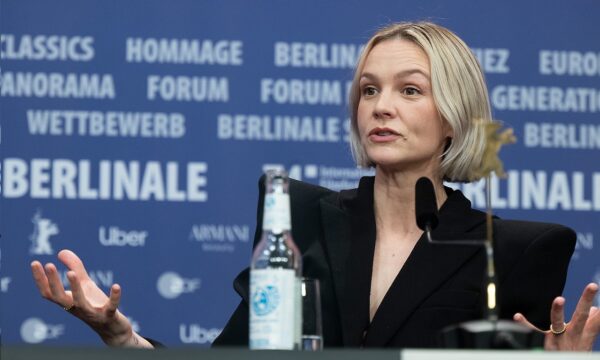
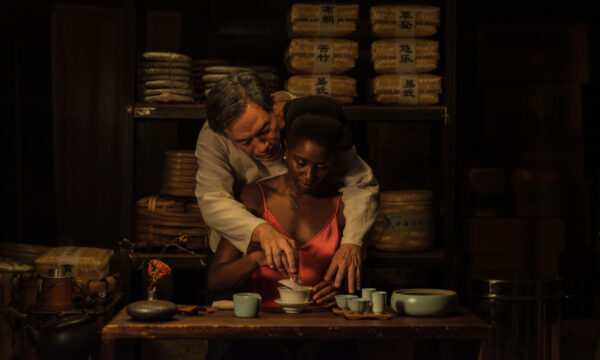
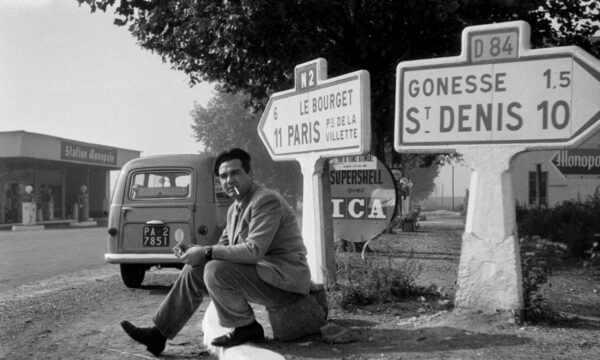
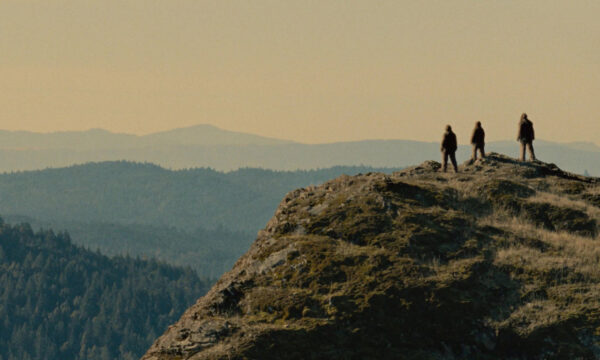
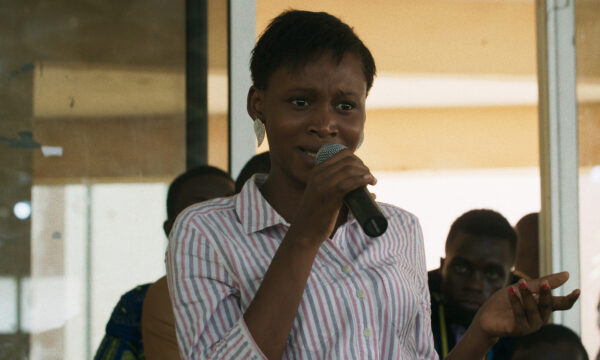









Facebook
Twitter
Instagram
YouTube
RSS